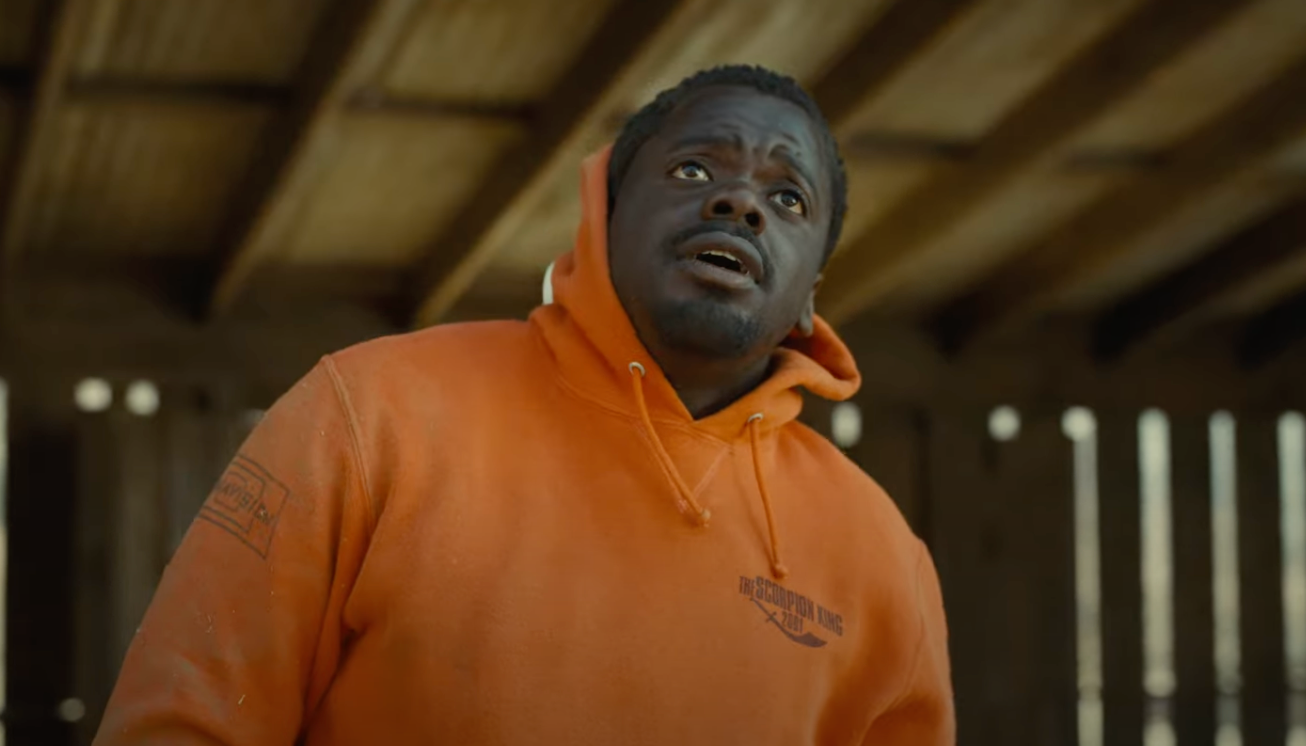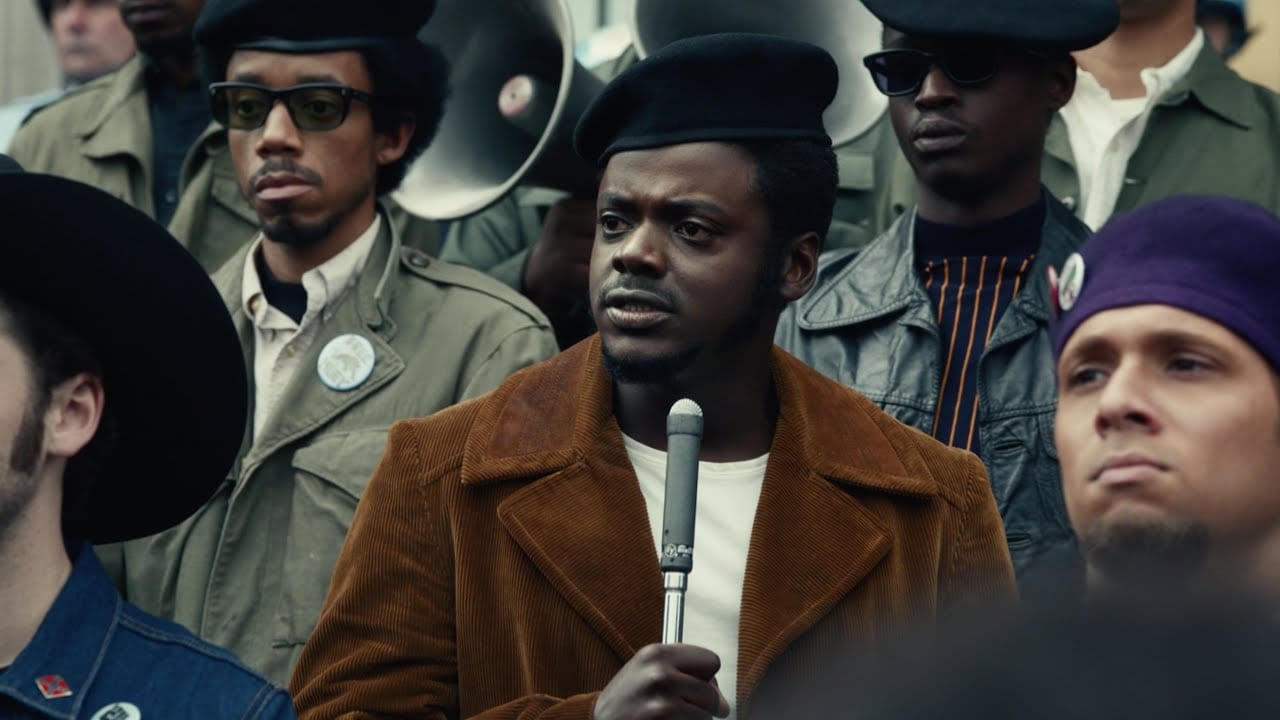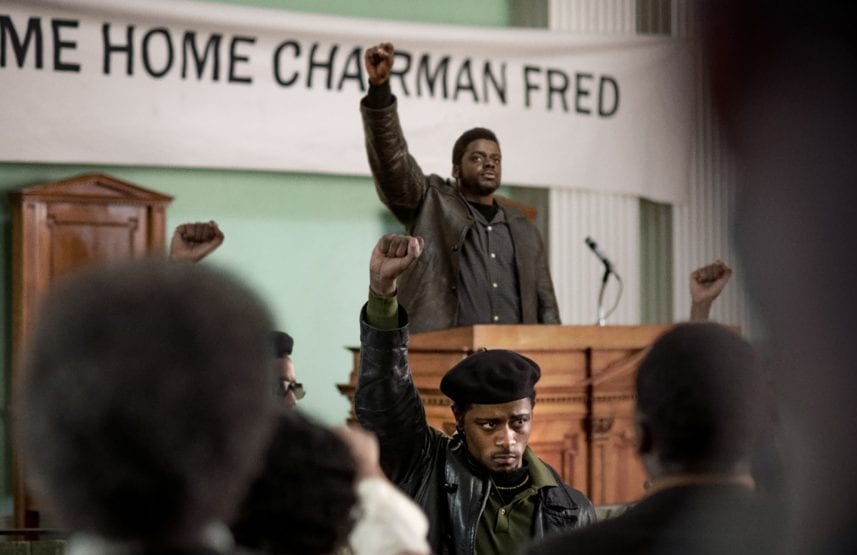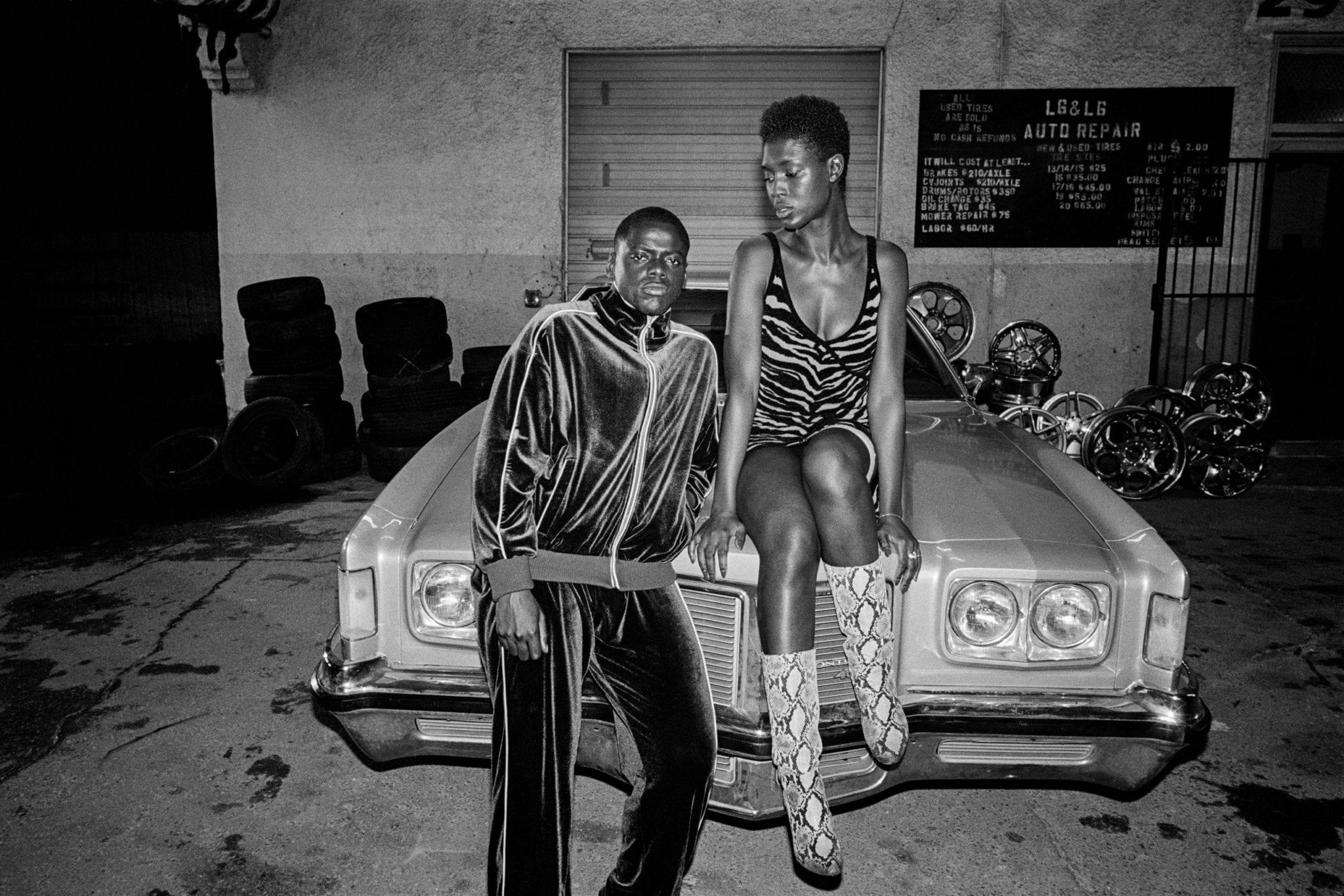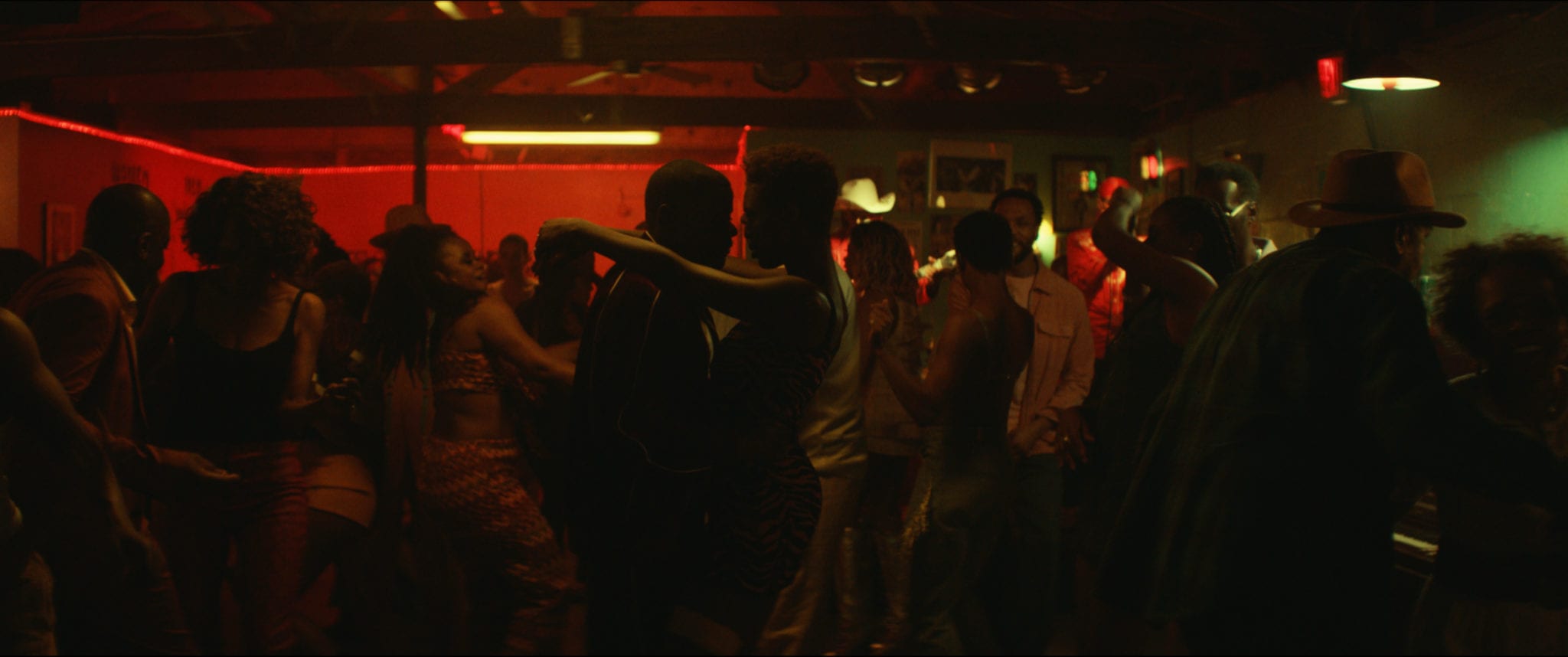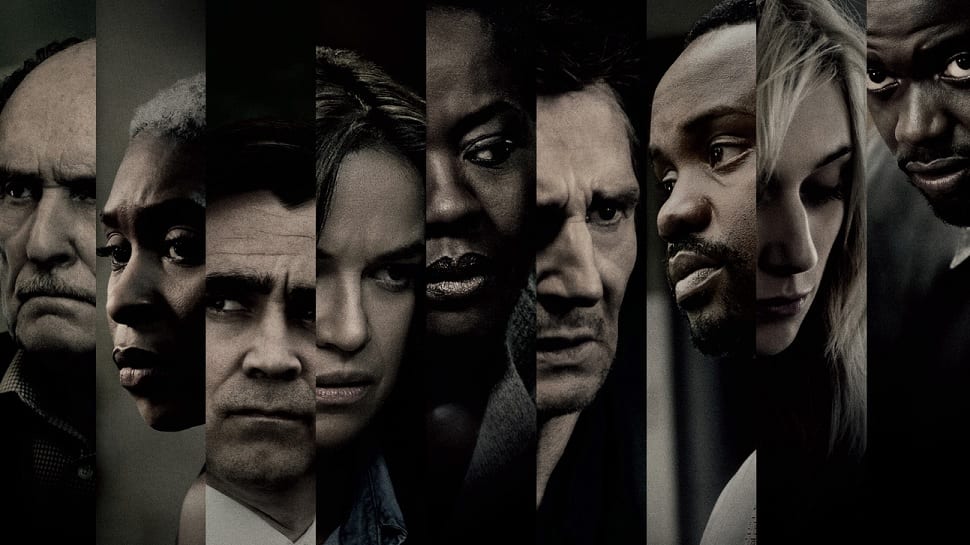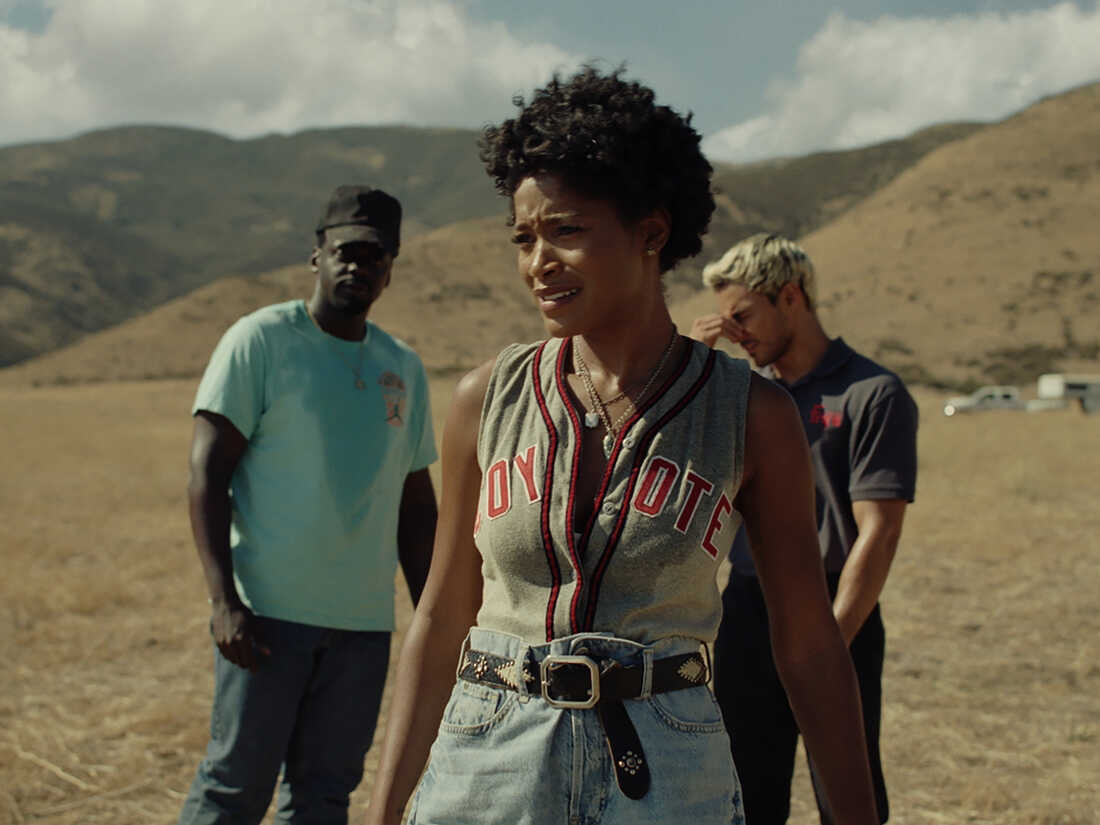
Nope: Devouring the Hollywood Dream
No matter how good your work may be, you will always be judged by your greatest achievement. Such is the case with filmmaker Jordan Peele. Having established himself with the gold standard of modern day, elevated horror with 2017?s Get Out, Jordan Peele quickly became the hottest genre director in recent years. Comparisons to Alfred Hitchcock…

